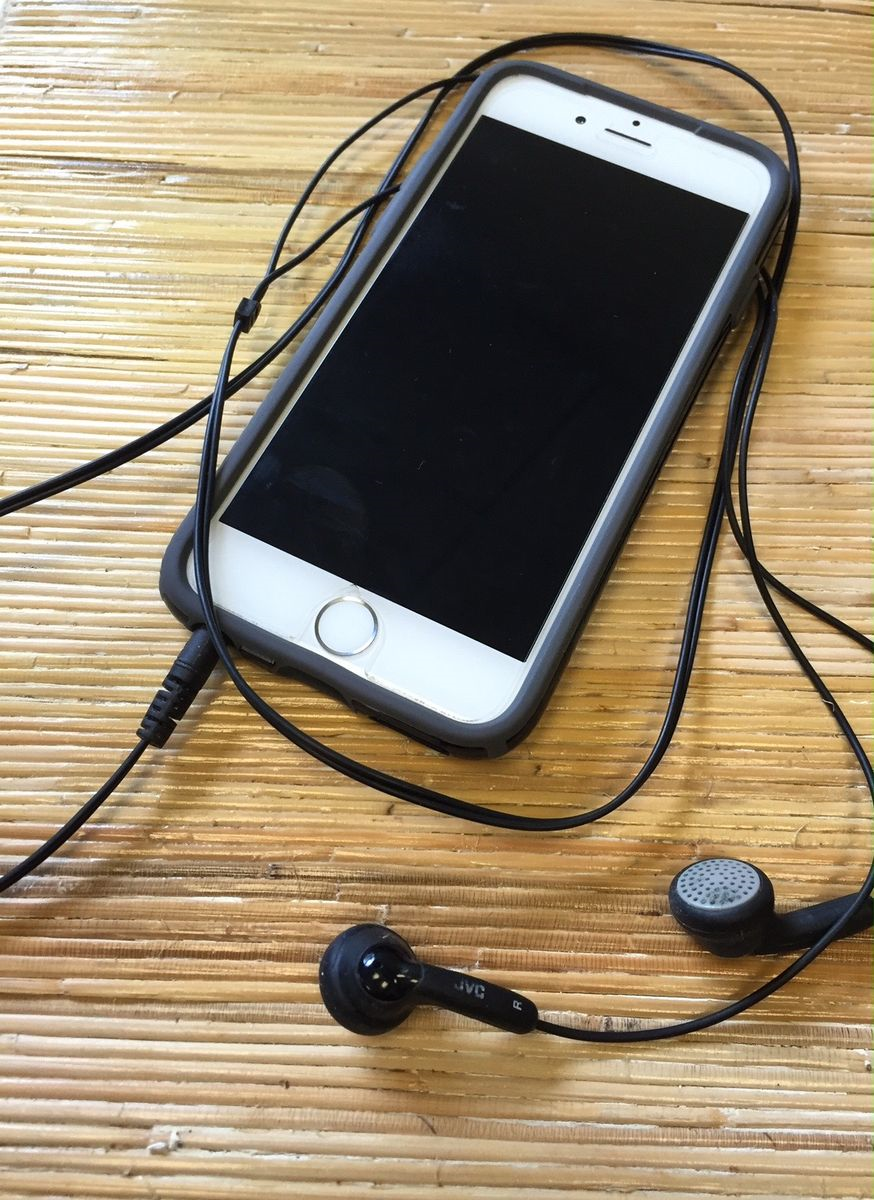
Why podcasts?
“If I wanted to write, I would have taken an English class.”
– Anonymous in my intro course
Looking back I’ll admit that it was more last straw than “Aha!” In fact, I’m sure there were times when analogous thoughts passed through my mind as I read students’ work. And yet, this comment prompted me to consider the point of teaching writing in Religious Studies. Why do it? And how can it work for us?
In general, I try to assign writing tasks that help students learn our course content while they practice an academic skill. Over the past few years, I have introduced students to different kinds of note taking, to peer-review, and to various genres of professional writing. As a due date approaches, students send me their beautifully crafted notes, essays, or book reviews, and I read them. I reply with feedback and a score, and much of the time, that’s that. We may debrief in class, occasionally they have the option to revise and resubmit, or someone might email me with a question. By and large, the life of the piece of writing ends in an exchange between the two of us.
When I read Anonymous’ comment about writing, I thought about writing from her perspective. What’s the point of working so hard to create something that practically no one ever reads? What if writing could be more than written words? What if my students’ writing could reach beyond the two of us? I was thinking about these questions while I walked my dog and listened to “Serial.”
Maybe you have heard of it? Or of other podcasts? RadioLab, This American Life, On Being, Death, Sex & Money, The Longest Shortest Time, My Brother My Brother and Me, Maltin on Movies, Invisibilia, Limetown.
In a podcast, there’s space for questions, stories, multiple voices, music, and laughter. As I listened  to Jad Abumrad and Krista Tippett, I started imagining all that podcasts could bring into my classes as readings and as “writing” possibilities. In podcasts students can incorporate the kinds of writing I was teaching—note taking, essays, etc.—in a new media. The end product has the potential to be fun and engaging and to reach multiple “readers.”
to Jad Abumrad and Krista Tippett, I started imagining all that podcasts could bring into my classes as readings and as “writing” possibilities. In podcasts students can incorporate the kinds of writing I was teaching—note taking, essays, etc.—in a new media. The end product has the potential to be fun and engaging and to reach multiple “readers.”
As the semester approached, I talked to some colleagues who listen to podcasts and who have assigned podcasts as “readings” or “writing.” I thought about how I could support the technological aspects of creating podcasts. I met with Georgia State’s Instructional Design staff. We partnered with other campus tech services to provide my students with iPads loaded with GarageBand, Apple’s app for creating and sharing audio materials like music and podcasts. My Writing Across the Curriculum assistant and I designed the podcast assignment together. She and I talked about how to scaffold the assignment’s components so that students would not be overwhelmed. We made time for in-class writing workshops. We even made our own podcast. (I wouldn’t ask students to do something I’ve never done.) We laid the groundwork.
Where do things stand now? We’re several weeks into the semester and the students are about two-thirds of the way through the first podcast assignment. In last week’s writing workshop, we listened to the first several seconds of a few podcasts and talked about how to generate interest using music, taglines, and samples. They read colleagues’ scripts and wrote peer-reviews. Then I sent them off to record their first episodes. I’m looking forward to listening to their shows and to hearing their feedback on the process before we do it a second time. I’ll know more soon.
It’d be great to hear from you. Do you teach writing? What works best for you and your students? Are you trying new kinds of writing this term? Have you assigned podcasts as reading or “writing?” If so, how did it go?
This is the 5th post in this series by Molly Bassett this semester (Fall 2015).
What a great idea. Is your podcast available? I look forward to hearing what your students think of the podcast project. I would like to find a way to make writing seem more fresh to them, less of a chore or something they view as unhappy busy work.
I found the note taking link very interesting, too. Several of my students rarely take notes and it’s not clear to me why. Since they come to class and seem generally interested, I wonder if they don’t write notes because they prefer typing and don’t want to carry their computer or whether they have eidetic memories or are just depending on the outlines I post after class to our content server. I don’t want them to take notes just because it would make me feel better but I hadn’t thought seriously about how I might help them take better notes.
Thanks for these blog posts. I enjoy reading them and learning from you.
Hi Laura! Thanks for your comment. The podcasts are up, and there’ll be a link to them in my next post.
About note taking — a few years ago a colleague from our teaching center observed me teach, and he commented about how only a few of the students were taking notes. He took note taking as a sign of engaged listening, and it is. I think that lots of students don’t know how to take notes. What’s worth writing down? (And I imagine in their heads that question is often linked to what’s on the final exam/paper, etc.) What format would work well? Kind of like we talk about how to communicate expertise (content) to students, the skills that go along with acquiring expertise don’t come naturally to many of my students. Have you seen Carolyn’s annotated text assignment? That’s a great way to get students to start thinking about note taking while they’re reading.
I’m so glad you’re out there reading the blog : ) Thanks!